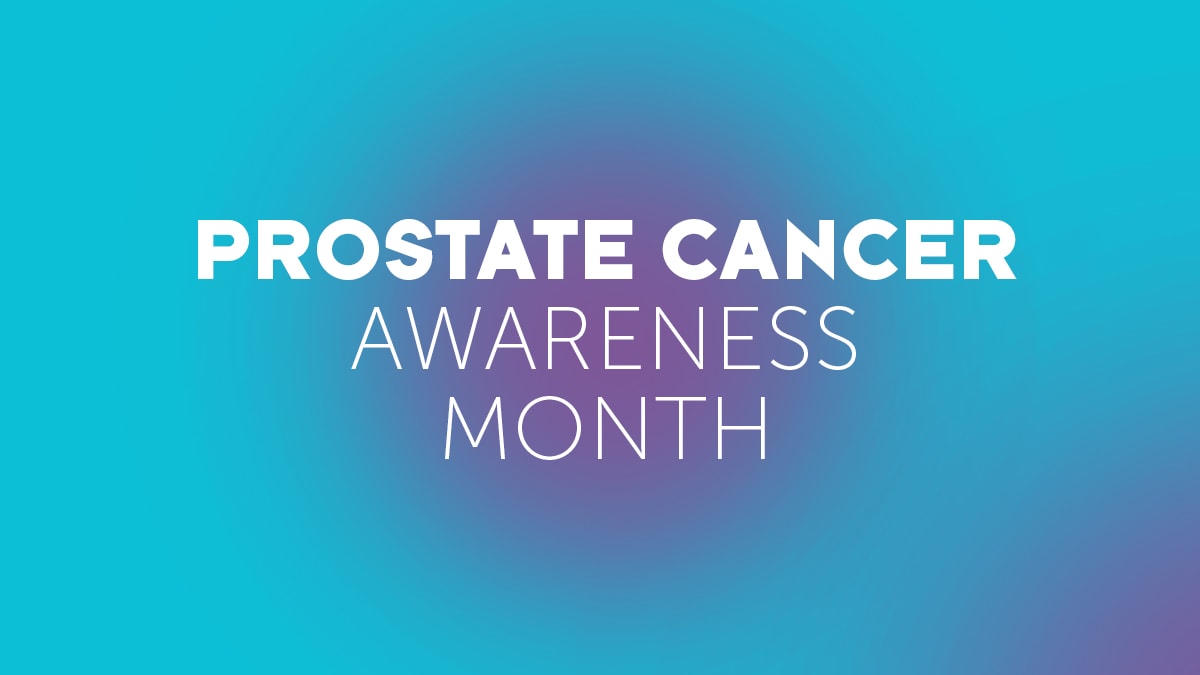Translational Research and the Latest Prostate Cancer Discoveries
June 11, 2014
Found in Chemotherapy, Clinical Trials, Genomics, Medical Oncology, Prostate Cancer
At the BC Cancer Agency I wear a number of hats: first, I’m a medical oncologist which is a sub-specialist in the drug treatment of cancer. I’m further sub-sub-specialized in that I mainly treat patients with genitourinary (GU) cancers (cancers of the prostate, bladder, testis, kidney and adrenal gland).
I’m also a researcher and study outcomes, biomarkers, and conduct clinical trials of new therapies, all with aim of improving the care and treatment for patients. Although my research focus is primarily in prostate and other GU cancers, the discoveries in one kind of cancer often can be translated into other kinds of cancer.
Another hat I wear is as an educator, teaching medical students, residents, and fellows (doctors who are already medical oncologists but spend an extra year or two of extra training mostly in research). As well, I chair our GU Tumour Group: a multi-disciplinary group of doctors, pharmacists and other health professionals responsible for defining the treatment guidelines and policies of how we treat GU cancers across the province, be it with surgery, radiation, or drug therapy.
Beyond the BC Cancer Agency, I work as a clinician and researcher at the Vancouver Prostate Centre and I also chair the GU Disease Site Committee at the NCIC Clinical Trials Group. This latter group conducts and coordinates investigator-led academic clinical trials across Canada and collaborates with groups around the world to do clinical trials. Cancer is a huge problem, but at the same time there are lots of good ideas to work on and no one place can do everything. Thus, it’s very important for us to collaborate locally, nationally and internationally with other groups so we can test the best ideas faster.
In terms of my research, I focus on translational research – that is translating discoveries in the lab into treatments that benefit people in the clinic and general practice. An example of this is that I lead clinical trials of new drugs that have been identified to work against cancer cells in the lab, to see if they can work in people.
I also am involved in research trying to understand what makes prostate cancers sensitive or resistant to certain treatments. To do this we are working with patients who give us permission to get biopsies of their cancer tissue to analyze for genetic changes. If we can understand the genetic changes going on in prostate cancer, especially as related to treatment response and resistance, then we can get better at choosing the right therapy for the right person at the right time. This is called “personalized” or “predictive” medicine.
At a recent conference in Chicago, we presented our early findings of a new way to look at cancer genes that I am quite excited about. Rather than getting a biopsy of the cancer, which of course can be difficult and not fun for anyone, it appears that we can now find cancer genes floating freely in the blood. In a series of volunteer patients with advanced prostate cancer, using a simple blood test we were able to identify many cancer related genes and mutations. Importantly, it looked like that some of these genes and mutations could predict response to some of the latest therapies we are currently using, and that some patients cancers harbored genes that could be potentially targeted by new up and coming cancer drugs. Very exciting!
Of course, it’s still early on for this kind of research, and the road to proving this definitively is hard work and takes lots of resources. Fortunately, with my research team and collaborators at the BC Cancer Agency and the Vancouver Prostate Centre, I’m in a great place to be doing this kind of work.
Thanks for reading,
Kim


